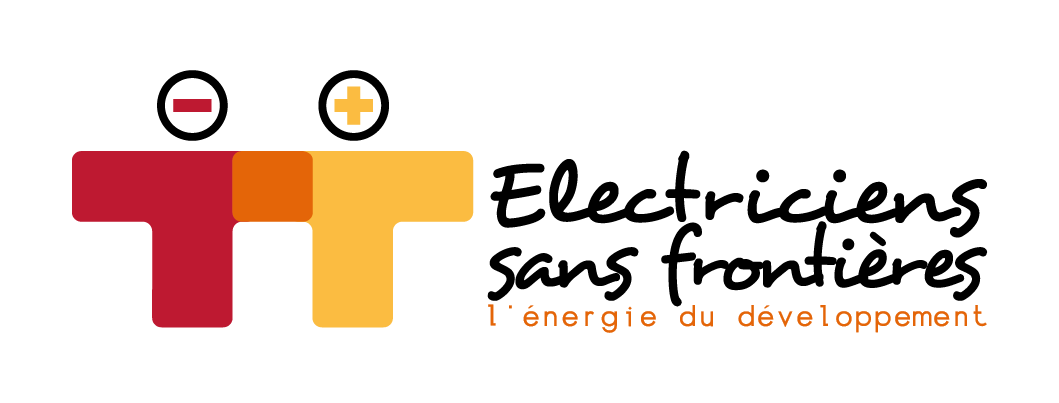2,5
billion people do not have access to improved sanitation
28%
Only 28% of the health facilities in 11 countries in sub-Saharan Africa have a reliable electricity supply
26%
of the health facilities in sub-Saharan Africa have no electrical supply
The challenges
Infant and maternal mortality rates decline as access to electricity increases – according to a UNDP study.
In remote areas, people often have to drive several hours to get to a hospital that has suitable medical equipment that is powered to electricity.
Access to clean water is closely linked to hygiene and health conditions. Drinking dirty water is a source of intestinal diseases that can cause death in young children. However, climate change and increasing numbers of droughts require digging deeper to access this resource, which requires the use of electricity.
The solutions
Access to electricity and water helps to improve hygiene, health and care conditions:
Some health centres have no access to electricity. Care and overnight deliveries carried out using a torch or kerosene lamp are dangerous for health and pollute the environment.
Access to a constant light source allows nursing staff to carry out their work in better conditions and ensures patients are safe.
This is the best way to fight against killer diseases such as tuberculosis, which still kills many in sub-Saharan Africa and South Asia where vaccinations are in short supply in some isolated areas of the world. Storing vaccines in a refrigerator keeps them fresh, facilitating vaccination campaigns organized by local organizations.
First aid is all that is available in many bush health centres. Further investigation requires equipment which can be found only in distant city hospitals, which forces people to travel several kilometres. Providing a source of electricity allows the use of suitable equipment such as ultrasound scanners, thus facilitating diagnostics, and prevents patients from having to travel long distances in difficult and often perilous conditions in emergency situations.
Many nurses carry out deliveries in the glow of a torch gripped between their heads and shoulders. Electricity enables them to work in better conditions. Likewise, it allows patients to be treated later in the evening.
Larger health centres sometimes have a generator; these are often unreliable and use expensive fuel. They suffer frequent power cuts which affect the medical staff’s daily life and shorten the time slots available for consultations. We then intervene to make existing supplies safe and more reliable, bringing them up to standards and optimizing them by installing photovoltaic panels and keeping the generator sets for specific needs (periods of peak consumption, emergencies).
In parallel with electrifying health installations, we often electrify medical staff’s housing. With better working and living conditions, doctors and nurses are encouraged to stay in the countryside rather than leaving for the cities.
Access to clean water is essential to reduce the risks associated with waterborne diseases. In many villages, water is drawn from contaminated wells that sometimes dry up during the dry season. Deep drilling for wells combined with a solar pump enables clean water to be available throughout the year. Access to clean water is also essential for a health centre in order for it to offer treatment in good sanitary conditions.
Constructing a supply network to a market garden makes it possible to develop the cultivation of fruits and vegetables which can then be consumed by the villagers.
Projet
Artisanal plastic recycling centre in Ouahigouya
How can electricity become a tool to defend women's rights and contribute to recycling?
Voir le projet